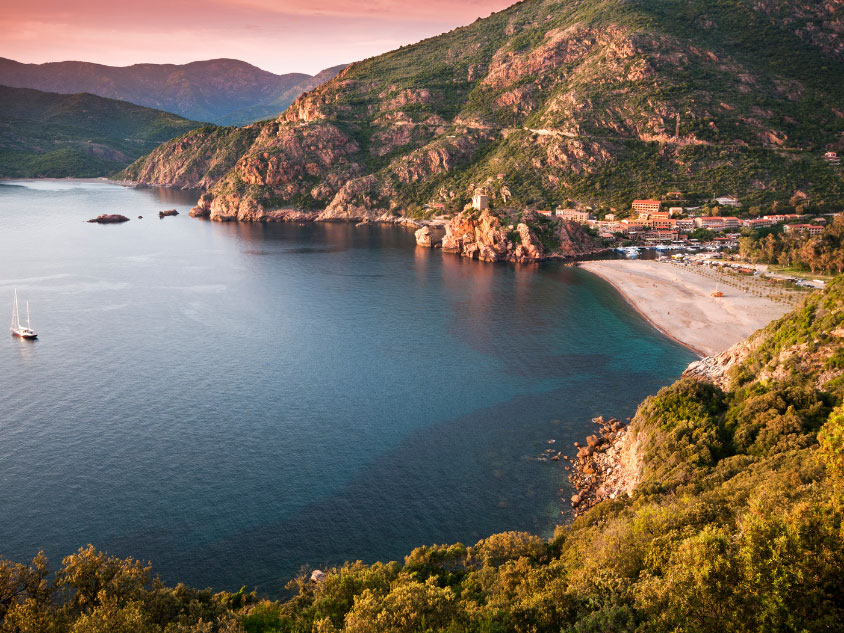Is it necessary to increase the size of the Scandola reserve? This is a question that UNESCO is asking as part of its worldwide campaign to identify marine species, which concerns 25 listed marine sites, including the Gulf of Porto. On Friday 17 March, accompanied by pupils from Ota school, the United Nations Educational, Scientific and Cultural Organisation took samples.
Scientists have already revealed that marine species are being forced to leave their habitats as a result of global warming. In order to verify the need to extend marine protected areas, UNESCO would like to conduct a rapid census of marine species. To do this, they are using the environmental DNA (eDNA) technique, which involves sucking up water and filtering out traces of DNA from the species present.
The development of this technique required considerable work on the part of scientists, but it can easily be carried out by any citizen. This is why UNESCO is encouraging young people to take part in this analysis, to raise their awareness of the need to protect their environment and to show them that science is accessible to all.
UNESCO's sampling campaign began in September 2022 and is due to end in April 2023. The first results from the laboratory should be available this summer and will then be published online. These analyses will be repeated regularly thereafter.

